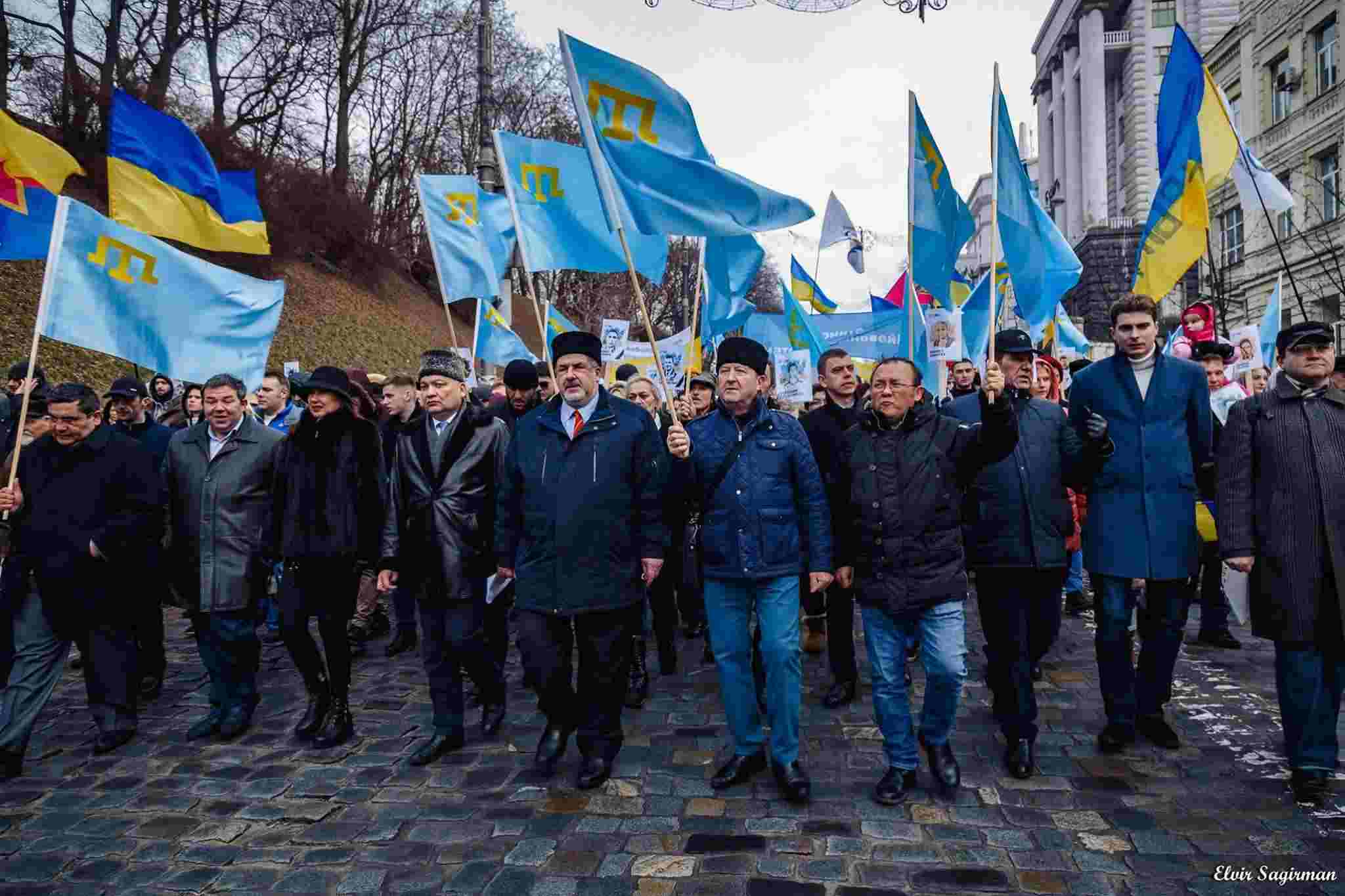Crimea has constantly been in the news headlines, and people are talking about its deoccupation with more and more confidence. We talked about the future reintegration of the peninsula with Eskender Bariev, the head of the Crimean Tatar Resource Center and a member of the Mejlis of the Crimean Tatar people.
It should be noted that in August there were many events related to the indigenous peoples of Ukraine and the issues of the temporarily occupied Crimea. In particular, August 9 was the International Day of the World’s Indigenous Peoples; On August 23, the third International Summit of the Crimean Platform was held, and on the 30th, victims of enforced disappearances were remembered.
The Crimean Tatar Resource Center has four main areas of work: deoccupation and reintegration of Crimea, protection and monitoring of rights violations on the territory of Crimea, protection of the rights of indigenous peoples of Ukraine, as well as protection of the environment of Crimea.
Eskender Bariev, head of the Crimean Tatar Resource Center, notes that, according to the Crimean Tatar Resource Center, during the occupation of Crimea, 298 political prisoners and those prosecuted on criminal “cases” were recorded in Crimea during the occupation of Crimea, 202 of them are representatives of the Crimean Tatar people.
He also draws attention to the fact that 60 dead have been recorded in Crimea, 28 of which are representatives of the Crimean Tatar people. Eskender also commented on the problem of enforced disappearances. So far, information has been recorded on 21 people who have become victims of enforced disappearances. Russians persecute women and the elderly. In 2023, two elderly men – Kostiantyn Shyring and Dzhemil Gafarov – died in prison conditions. These facts speak for themselves, Eskender Bariev is sure.
The head of the Crimean Tatar Resource Center of Ukraine said:
“We need to work on a narrative about Ukrainianization. It’s one thing when we talk about the territory, and another thing – what should we do to ensure that people’s trust and attitude towards the Armed Forces of Ukraine, towards Ukraine as a whole, is not as invaders, but as liberators, as those who provide greater opportunities. Therefore, here we need to clearly provide information that Ukrainianization is neither an attempt at assimilation, nor a violation of human rights, nor any violent activity. Foremost, these are human rights, opportunities, respect for the state language, respect for the country, freedom, preservation of identity, guarantee of the development of indigenous peoples. This is Ukrainization!”
